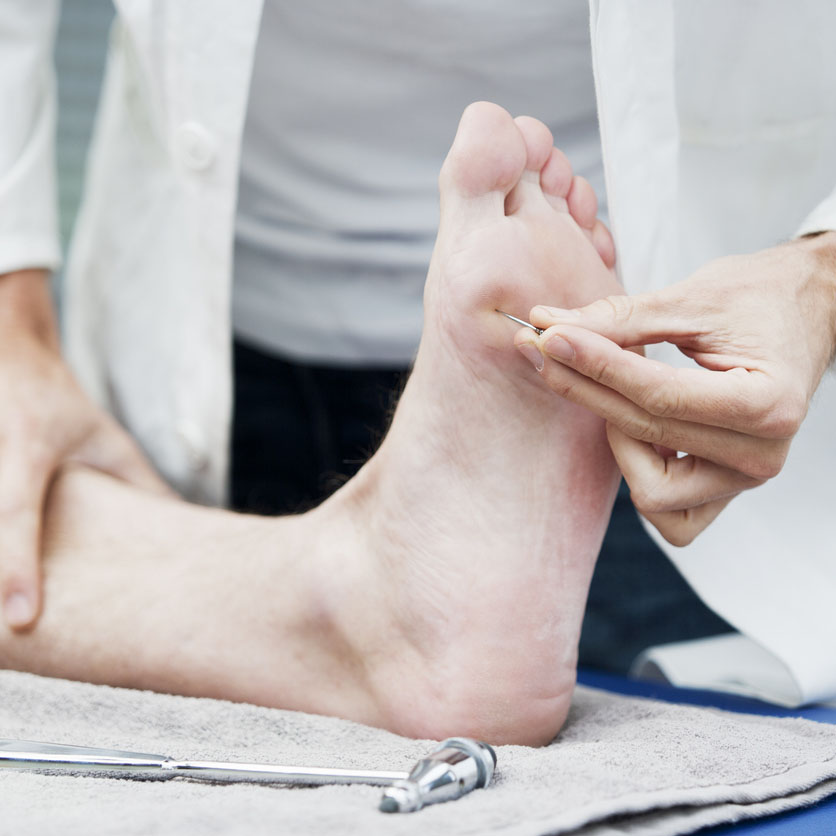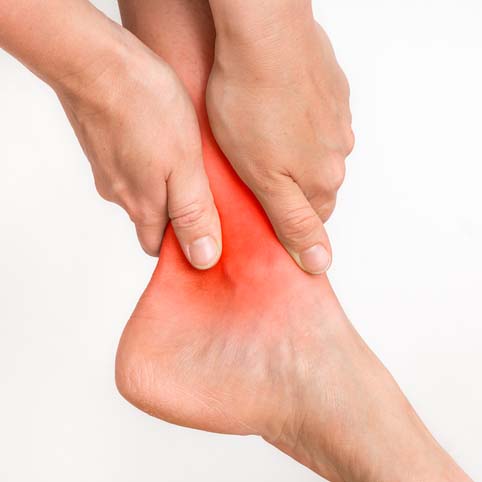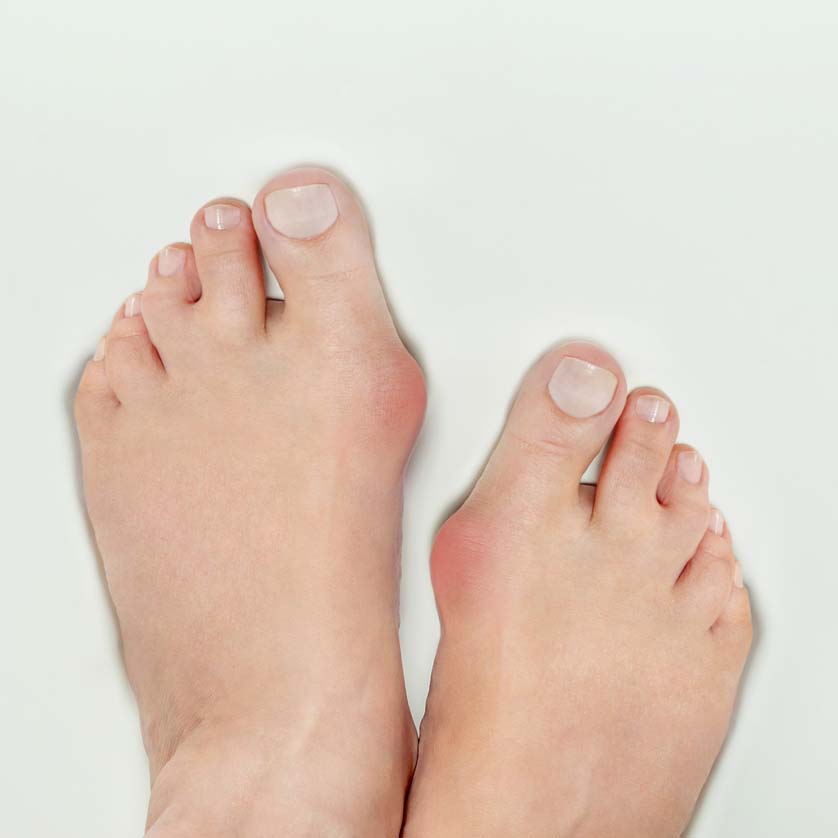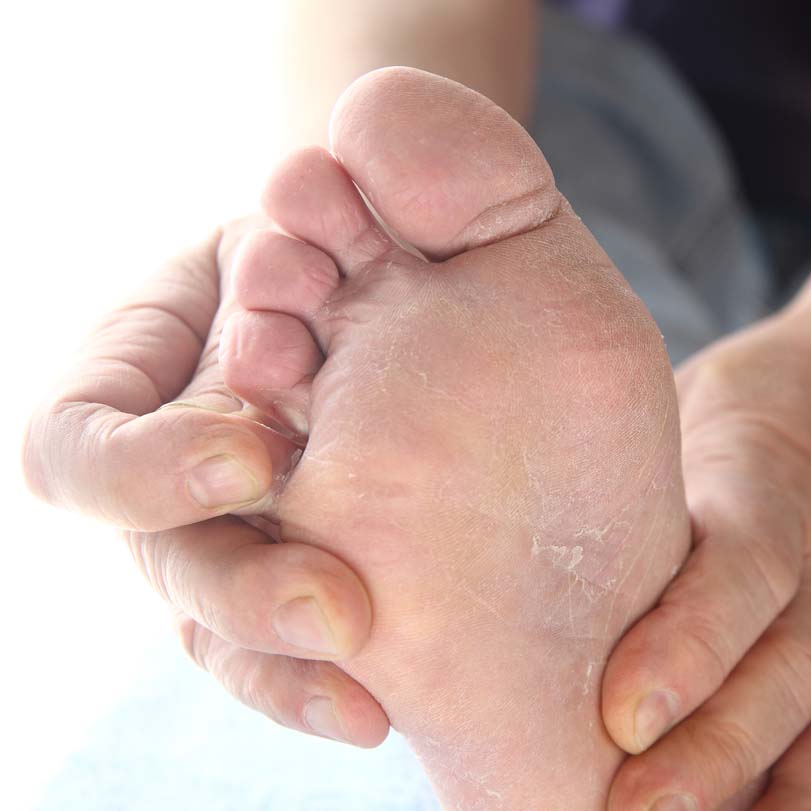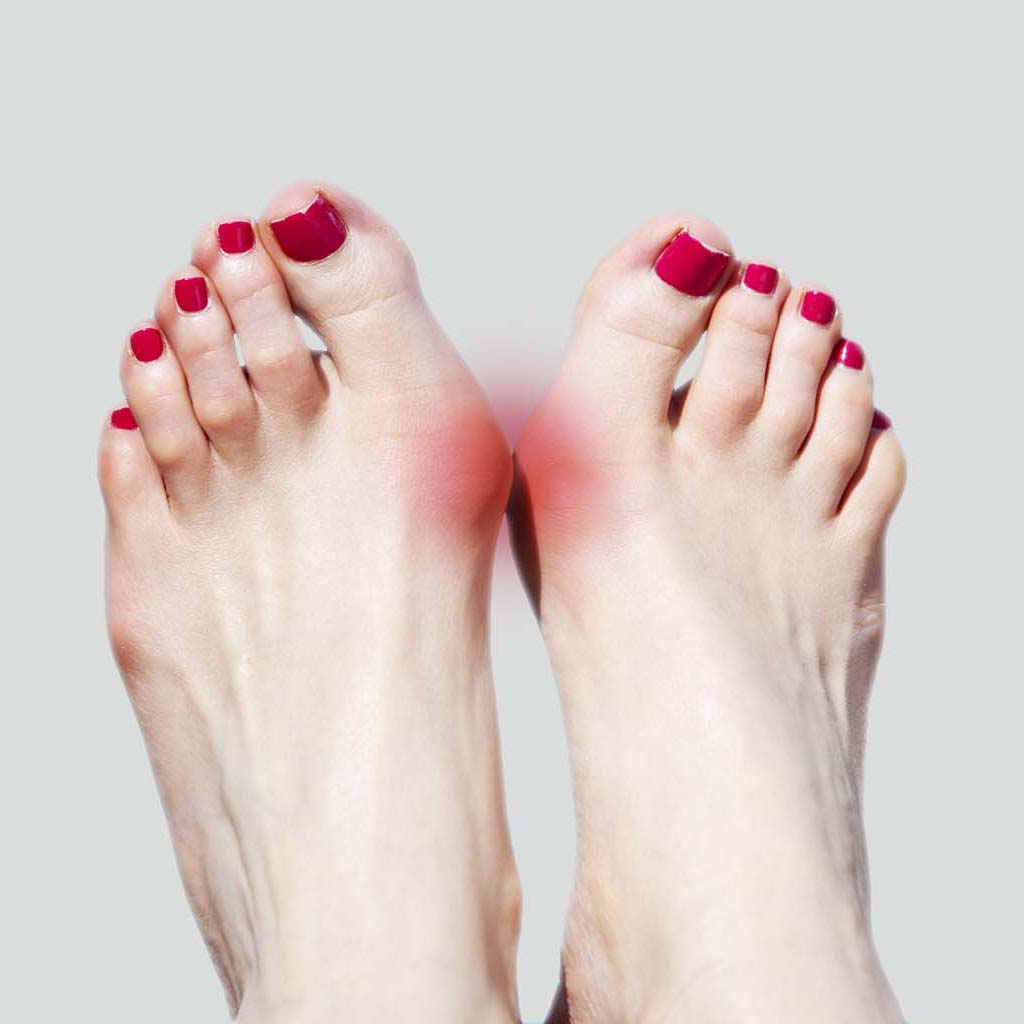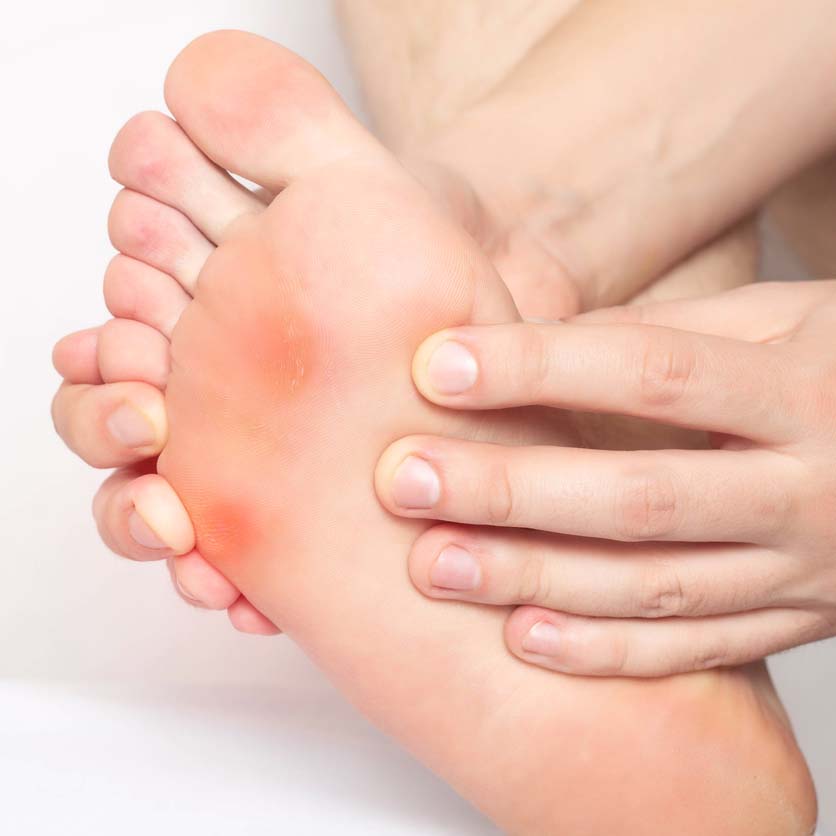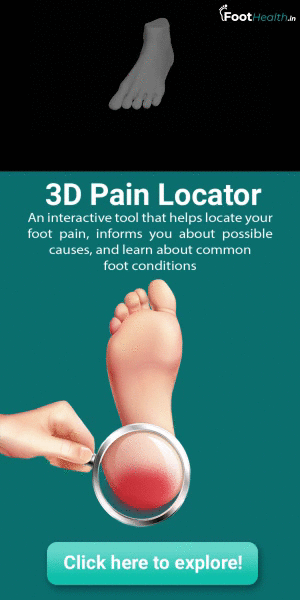


Hammer Toes
Introduction

A hammer toe is a toe that is bent at the PIP joint (middle joint in the toe), leading to excess pressure and pain. Tightening of the ligaments and tendons force the toe’s joints to curl downwards. Hammer toes may occur in any toe except the big toe. There is often pain at the top part of the toe due to rubbing against the shoe. Hammer toes are classified based on the joint mobility and are of two types – flexible and rigid. In a flexible hammer toe, the joint is able to move and this type of hammer toe can be straightened manually. A rigid hammer toe does not have enough mobility and movement can be extremely painful. The pain and friction propagates the development of corns and calluses.
Cause
Hammer toes result from imbalance in muscles which cause the ligaments and tendons to become stiff. This results in the joints curling downwards. Hammer toes can be also seen in many conditions example arthritis, stroke etc..
Treatment and Prevention
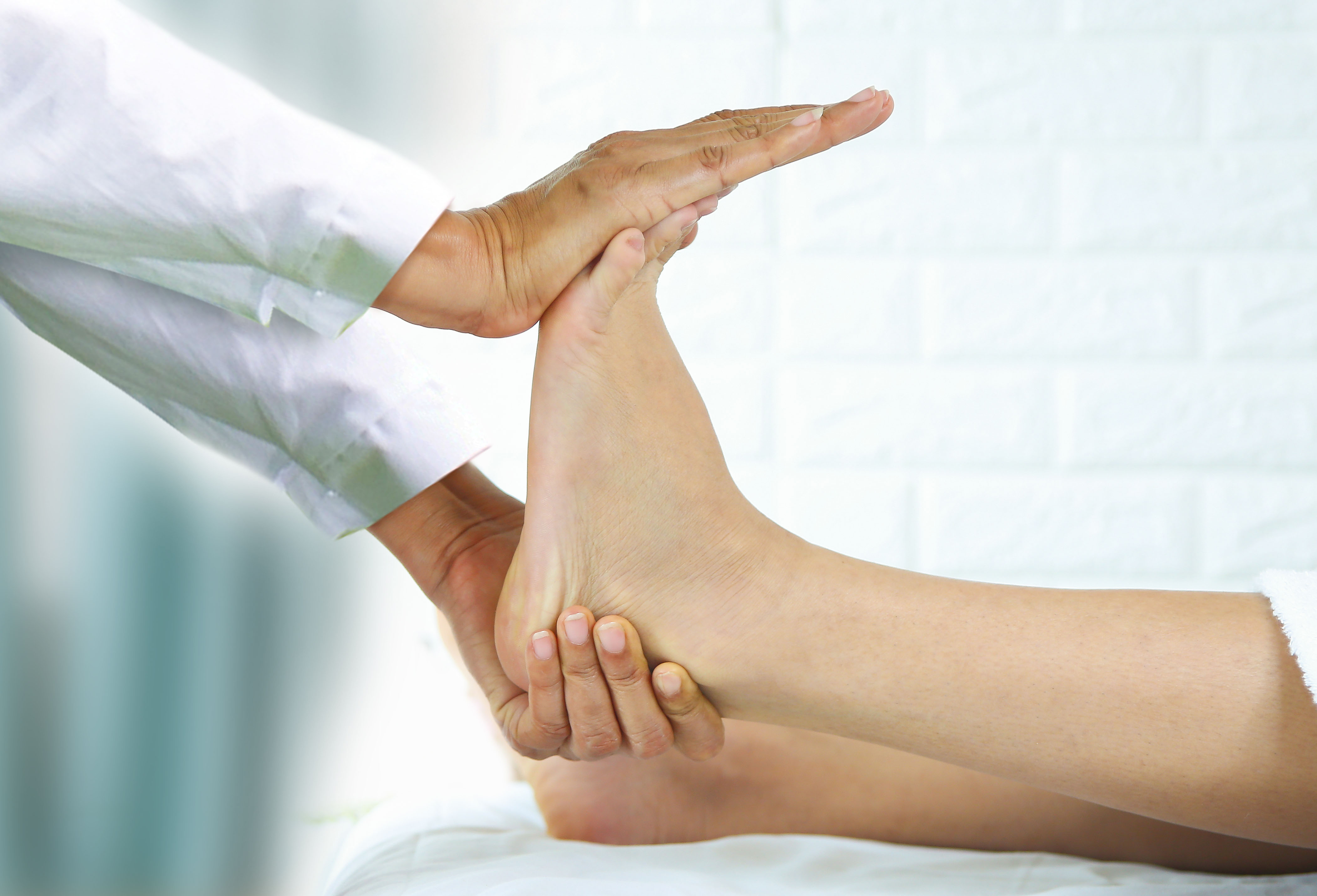
footwear modification and foot exercises are essential in treatment of hammer toes. The shoes should have wide toe box (toe area) which can accommodate the hammer toes and reduce the friction against the toes. Other treatments include using orthosis designed to reduce hammer toes, such as Gel toe shields and gel toe caps, toe crests and toe splints.
Read our Articles
